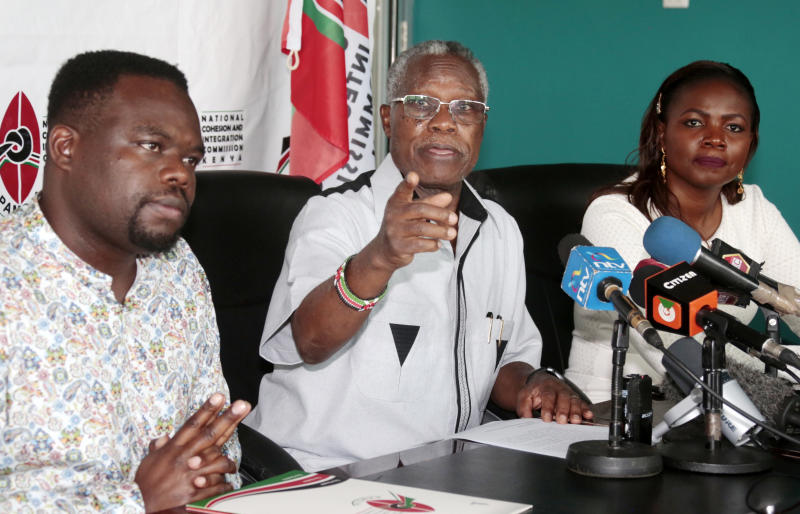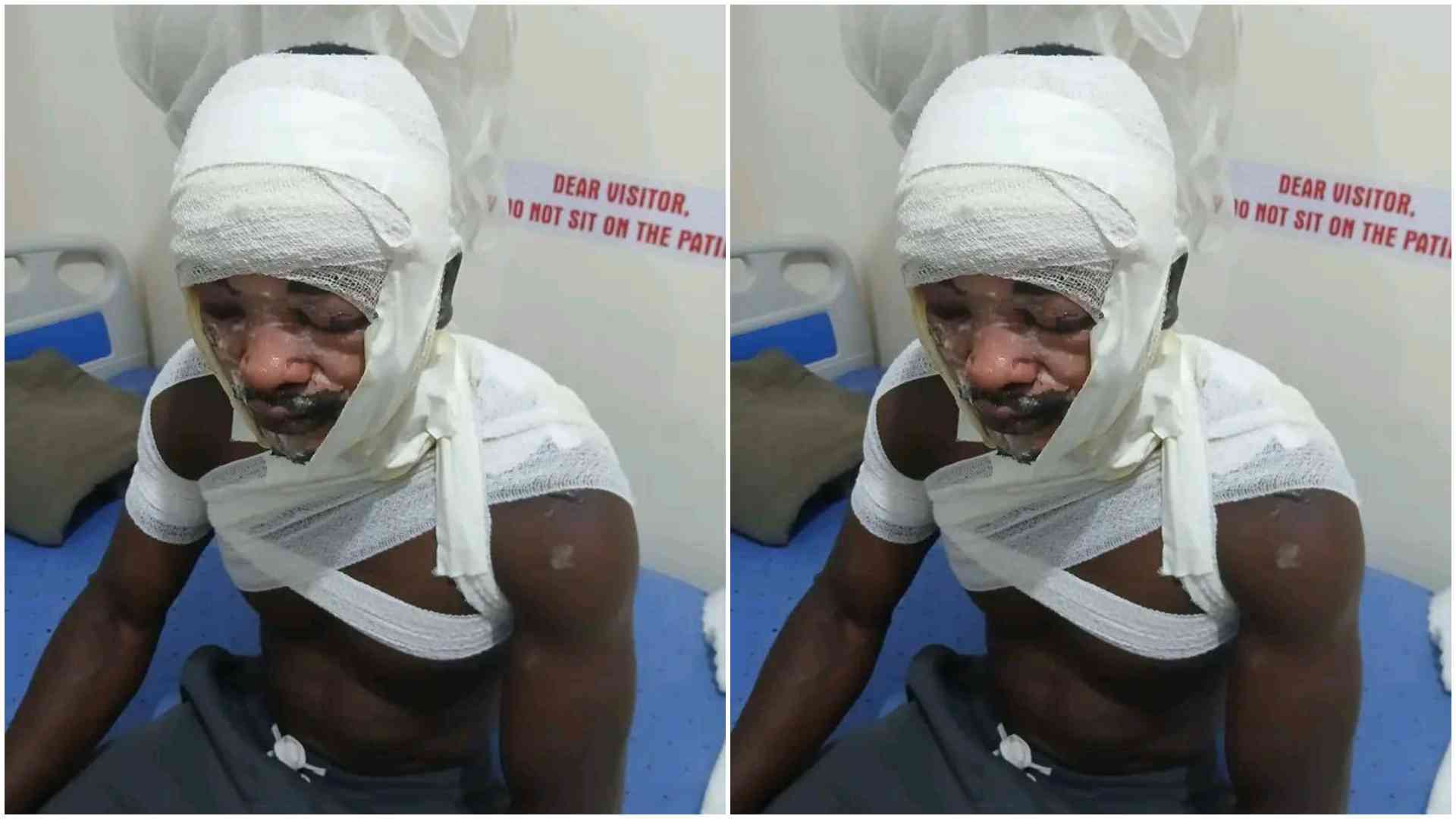National Cohesion and Integration Commission (NCIC) Chairman Dr.Samuel Kobia (centre) addressed the media at their Head Office in Nairobi on Friday, March 18, 2022, on hate speech. [Boniface Okendo, Standard]
×
The Standard e-Paper
Home To Bold Columnists







